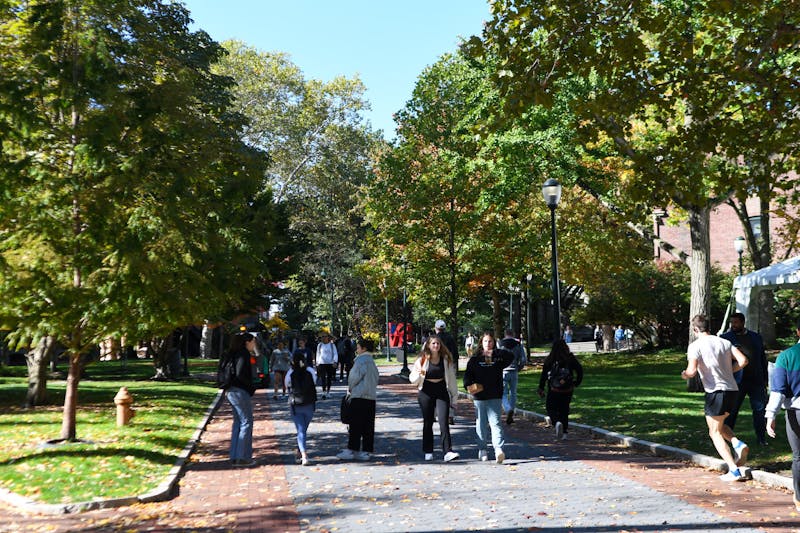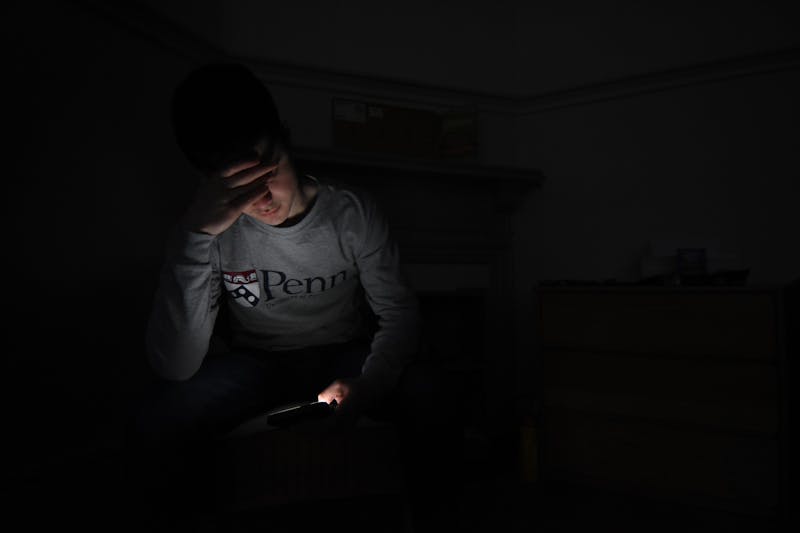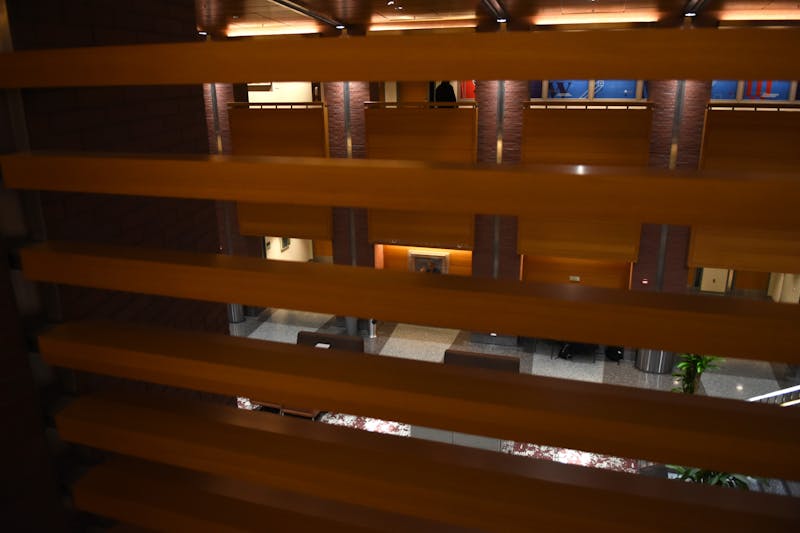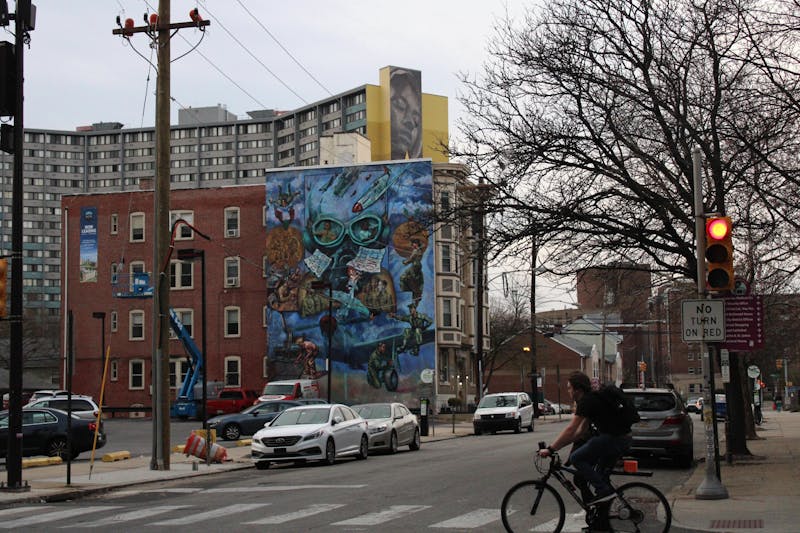
Eat the rich (or so they say). It’s a thought we’ve all had once or twice, probably as we scrolled through our classmates’ Instagram posts during spring break or heard about their daring summer escapades as we returned this fall. The wealth gap within Ivy League universities is notoriously large, and Penn is no exception to this rule. With a ridiculous number of students hailing from the top 10% and endowments large enough to power entire countries, we would expect to see great amounts of financial assistance go towards its middle- and working-class students. However, unless you qualify as highly aided, you might find yourself out of luck.
Imagine being a student who doesn’t belong to either side of the monetary extreme. Your parents don’t make exceedingly high amounts of money, but they don’t make such small amounts that you would qualify for highly aided status. While other students are worrying about summer internships, you’re still waiting for your financial aid to come back and deliberate over how much you’ll owe the upcoming school year. For the first time in your life, you’re too rich.
The simple truth is that for an Ivy, Penn isn’t as generous as it would claim itself to be. In order to reap the full benefits of its altruism and qualify as highly aided, your family has to be contributing less than $2,000 per year, meaning a “household of 4 has to be making less than $75,000 a year (with typical assets).” Not such a bad figure until you realize that Penn has one of the most expensive tuitions in the country and yet, some of the lowest percentages of its student body on financial aid. Compare Penn’s package to schools like Princeton and Stanford, where households making less than $100,000 receive full financial aid, and you’ll realize we’re being shortchanged.
There is no argument that the students with highly aided status not only require, but deserve the full financial backing of this institution. As a highly aided student myself, the problem is not that students like me are receiving too much help; the problem is that other students aren’t receiving enough. All it takes is one quick scroll on the highly aided page to see everything that you’re missing.
Not only do highly aided students get full tuition, including room and board, they’re also entitled to other financial benefits like refunds at the start of semesters and full healthcare coverage. During summer breaks, Penn will pay for up to two college classes, and tuition is covered if they want to study abroad. Most students are probably unaware of the sheer amount of help they could obtain if their families made slightly less.
Obviously, no system is perfect; at a university where business education dominates and money talks, no financial assistance was ever going to arrive without its own set of drawbacks and loopholes. For one, Penn may pay for highly aided students’ summer tuition, but it certainly won’t pay for their living expenses during that time. Students are expected to find a way to pay for their expensive on-campus housing or look for apartments off campus. Besides, even if highly aided students receive refunds at the start of the semester, they have to properly allocate for classes, now that Penn has revoked free access codes to course materials. The point is, these students receive some of the most help Penn can offer, and they still have to confront financial precariousness on top of academic pressure. If highly aided students continue to struggle in the face of this assistance, who can claim that students who fall in the middle fare any better?
We know that middle-class students are underrepresented in the Ivy League, but at Penn, they seem to be abandoned completely. Not only do the highly aided policies divide the student body by class even further, but they leave behind the students who seem to be in most need of them. Nobody is claiming that families making over $200,000 yearly need any more financial breaks than they already receive, but it would do good to remember: The saying is eat the rich, not the slightly less poor.
LINDSAY MUNETON is a College sophomore studying sociology from Bergenfield, N.J. Her email address is lmuneton@sas.upenn.edu.
The Daily Pennsylvanian is an independent, student-run newspaper. Please consider making a donation to support the coverage that shapes the University. Your generosity ensures a future of strong journalism at Penn.
Donate









